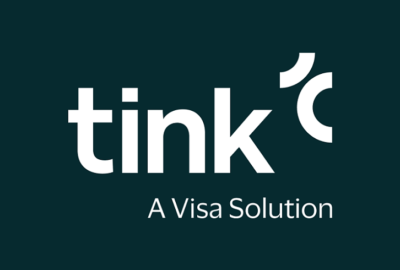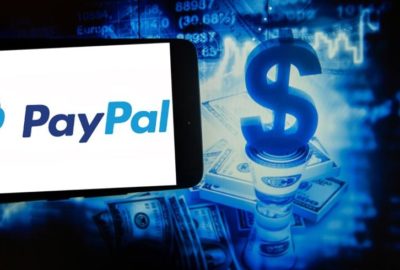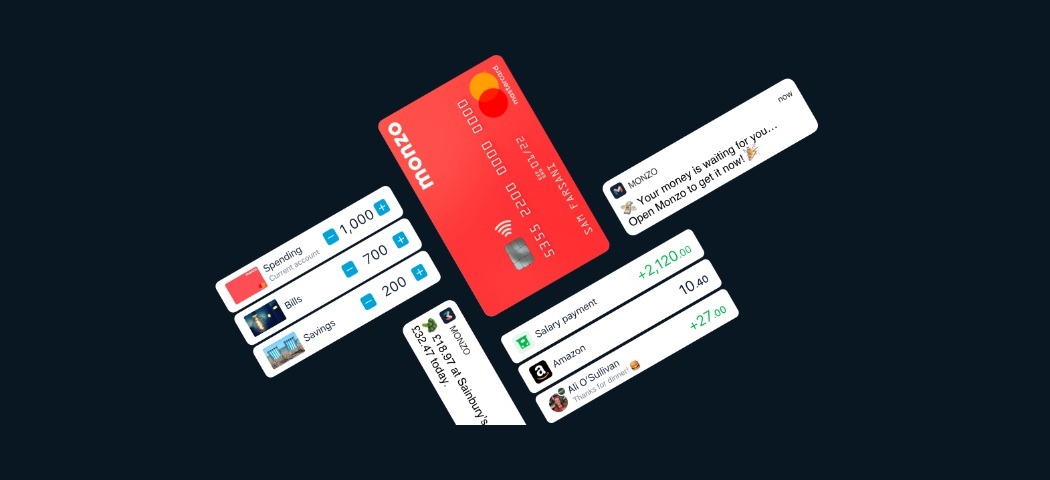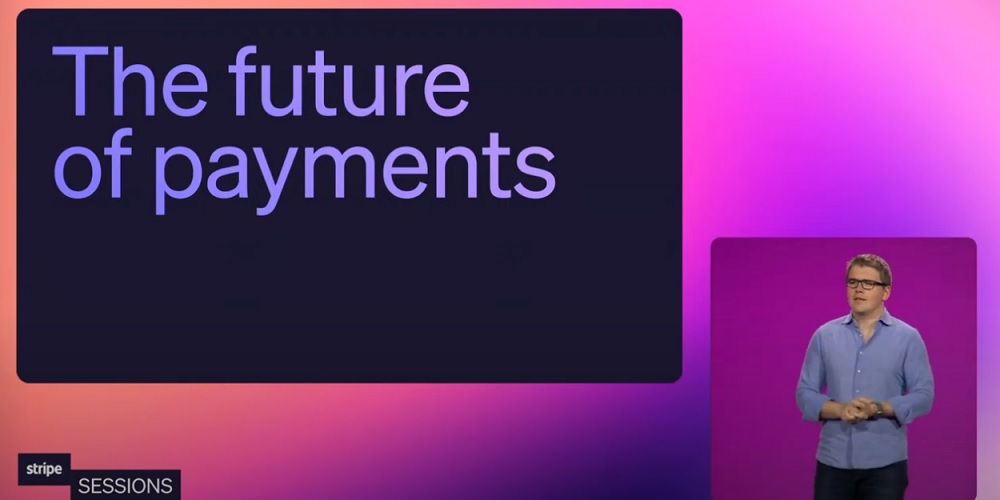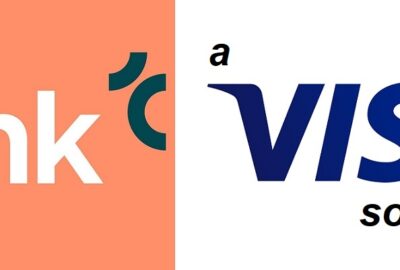Germany calls for global payments system free of US

Germany’s foreign minister has called for the creation of a new payments system independent of the US as a means of rescuing the nuclear deal between Iran and the west that Donald Trump withdrew from in May, according to Financial Times.
Writing in the German daily Handelsblatt, Heiko Maas (photo) said Europe should not allow the US to act “over our heads and at our expense”. “For that reason it’s essential that we strengthen European autonomy by establishing payment channels that are independent of the US, creating a European Monetary Fund and building up an independent Swift system,” he wrote.
Mr Maas’s intervention was the “strongest call yet for EU financial and monetary autonomy vis-à-vis the US”, said Thorsten Benner, director of the Global Public Policy Institute, a Berlin-based think-tank. The foreign minister’s article highlights the depth of the dilemma facing European politicians as they struggle to keep the Iran deal alive while coping with the fallout of US sanctions imposed by Mr Trump against companies doing business with Tehran.
The EU has committed itself to the agreement and has vowed to protect European businesses from punitive measures adopted by Washington. But that has failed to convince EU companies, who are more interested in maintaining their access to the lucrative US market than in the more modest opportunities presented by Iran.
Last month Washington rebuffed a high-level European plea to exempt crucial industries from sanctions. Mike Pompeo, US secretary of state, and Steven Mnuchin, Treasury secretary, formally rejected an appeal for carve-outs in finance, energy and healthcare made by ministers from Germany, France, the UK and the EU. On Monday, Total, France’s largest energy company, announced it was pulling out of a big Iranian gas project, after admitting it might be affected by threatened US measures against Iran’s oil and gas industry.
Swift, a Belgium-based global payment system that facilitates many of the world’s cross-border transactions, is also affected. Unless it wins an exemption from sanctions, it will be required by the US to cut off targeted Iranian banks from its network by early November or face possible countermeasures against both its board members and the financial institutions that employ them. These could include asset freezes and US travel bans for the individuals, and restrictions on banks’ ability to do business in the US.
Mr Maas’s words in Handelsblatt come amid deteriorating relations between Germany and the US. Mr Trump has chastised Berlin over its large trade surplus, its relatively low military spending and its support for Nord Stream 2, a new gas pipeline that will bring Russian gas directly to Germany. Meanwhile, Berlin has looked on in dismay as Mr Trump has withdrawn the US from the Iran deal and the Paris climate treaty, imposed import tariffs on EU steel and aluminium, and appeared to question America’s commitment to Nato. Mr Maas said it was vital for Europe to stick with the Iran deal.
“Every day the agreement continues to exist is better than the highly explosive crisis that otherwise threatens the Middle East,” he said. He also called for the creation of a “balanced partnership” with the US in which the Europeans filled the gaps left where the US withdrew from the world. Europe must, he said, “form a counterweight when the US crosses red lines”.
Anders Olofsson – former Head of Payments Finastra
Banking 4.0 – „how was the experience for you”
„So many people are coming here to Bucharest, people that I see and interact on linkedin and now I get the change to meet them in person. It was like being to the Football World Cup but this was the World Cup on linkedin in payments and open banking.”
Many more interesting quotes in the video below:




